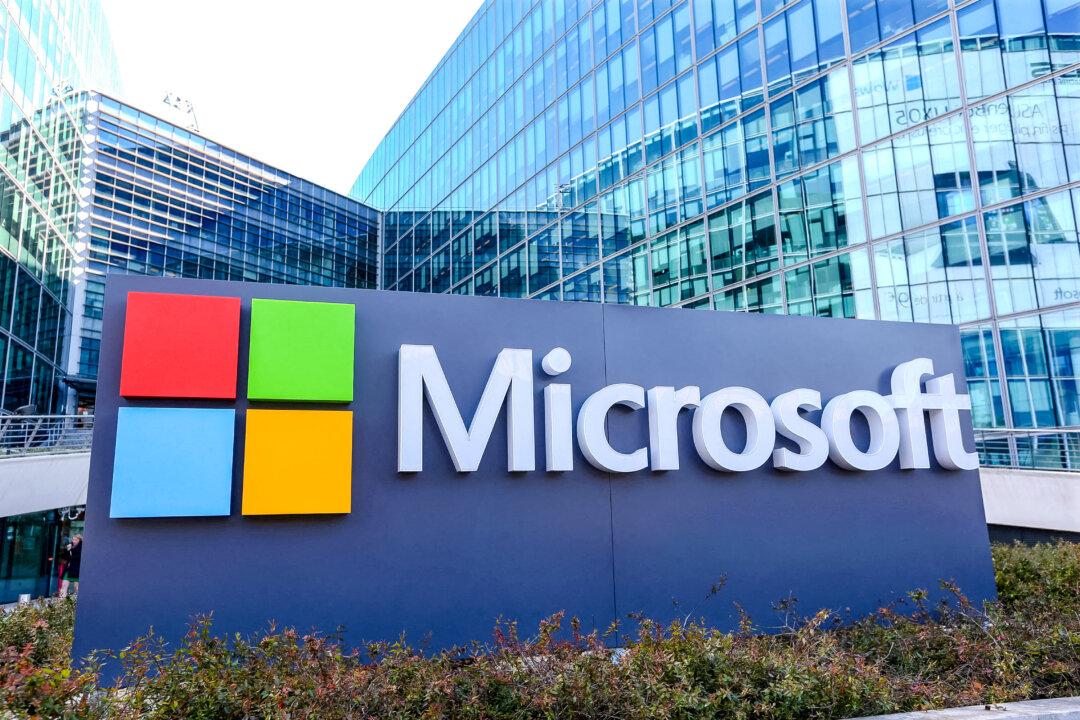Microsoft faced criticism this week after news outlets reported that it had cut staff in its diversity, equity, and inclusion (DEI) program. But the company stated that despite reports to the contrary, its commitments to employee diversity have not changed.
Citing an internal email that it had received from an employee, a report in Business Insider, which circulated among the financial media, stated that Microsoft’s DEI staff had been severely culled or eliminated. A senior DEI staffer reportedly complained that diversity was “no longer business critical” at Microsoft.





